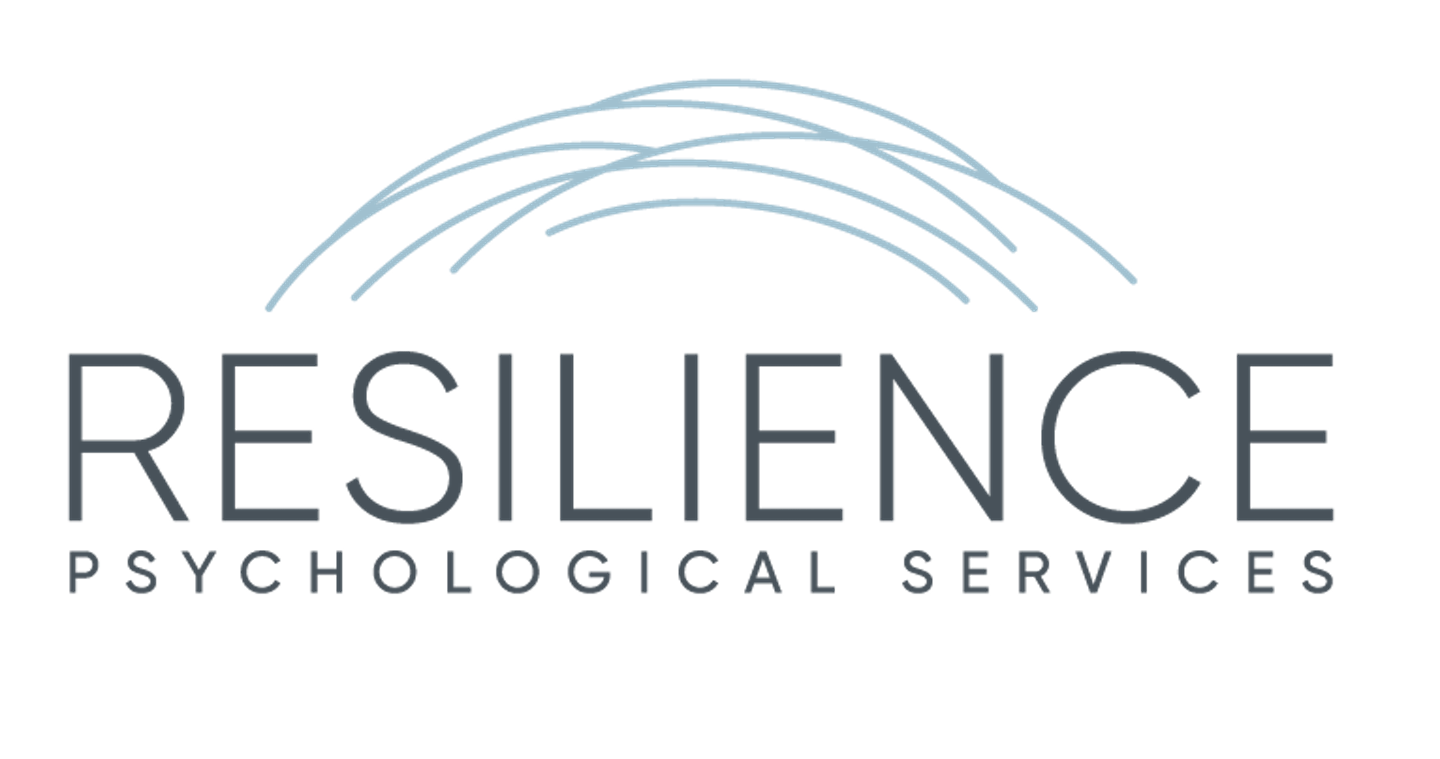Attachment-Based Therapy
Attachment-based therapy is grounded in the principles of attachment theory, focusing on how early relationships with caregivers impact an individual's emotional and psychological development. This approach emphasizes the importance of forming secure, healthy relationships and aims to address attachment issues that may arise from childhood experiences.
Originally developed by John Bowlby, attachment theory focuses on how early childhood experiences with primary caregivers influence emotional development and behavior throughout life. The goal of this approach is to help individuals understand their attachment patterns and how these affect their adult relationships and sense of self.
Core Concepts
Attachment Styles: The four main attachment styles are secure, anxious, avoidant, and disorganized. These are formed in early childhood based on the consistency and quality of caregiving. In therapy, individuals learn how these attachment styles impact their adult relationships and emotional well-being.
Influence of Early Relationships: Early interactions with caregivers shape a person’s expectations of themselves and others. Therapy helps clients recognize how their early experiences may be affecting their ability to form and maintain healthy relationships.
Secure Base and Emotional Safety: A key concept in attachment theory is that a secure attachment provides an emotional safety net that allows individuals to explore the world and cope with stress. In therapy, creating a secure, trusting relationship with the therapist is central to healing.
Therapeutic Relationship: The therapist models a secure attachment by being emotionally attuned and supportive, helping the client experience a corrective emotional relationship that can shift their attachment style toward greater security.
This approach can be used in relationship therapy to improve relational dynamics and strengthen bonds. It is also commonly used in family therapy or for those who experienced childhood neglect or abandonment.
Who is it for?
This approach has been proven effective for a wide range of mental health concerns, including:
Attachment-based therapy can be particularly beneficial for those who struggle with intimacy or trust in relationships. This approach is designed to help individuals understand the impact of early caregiving on their current relationships and emotions, ultimately fostering secure and connected bonds with others.










